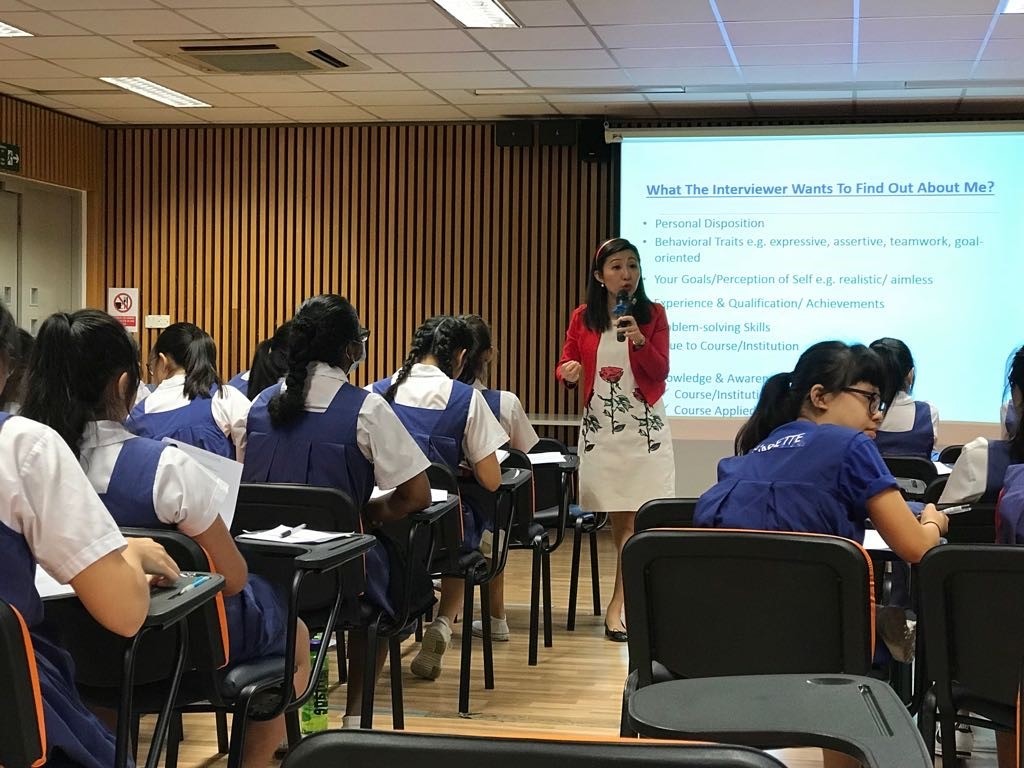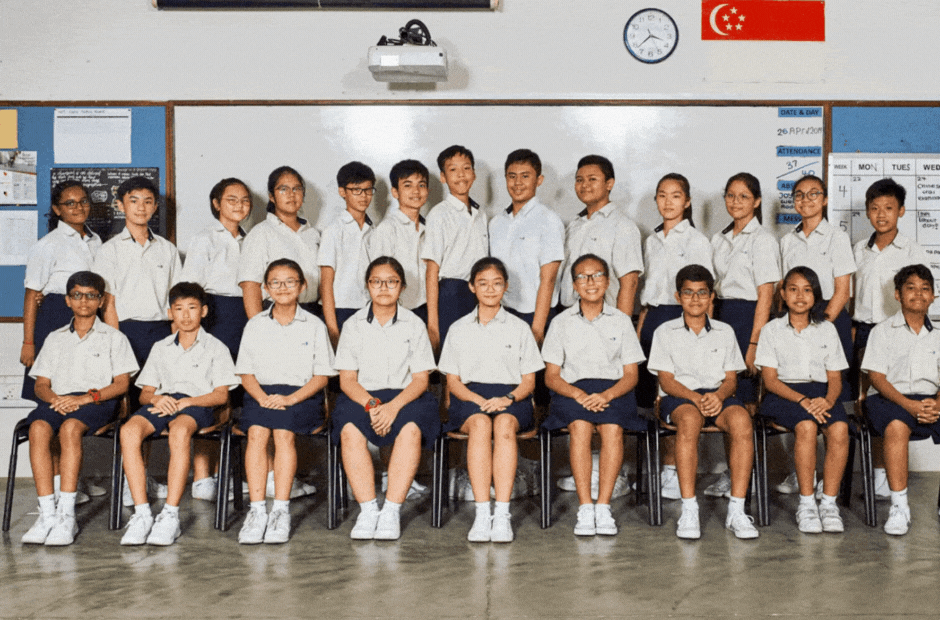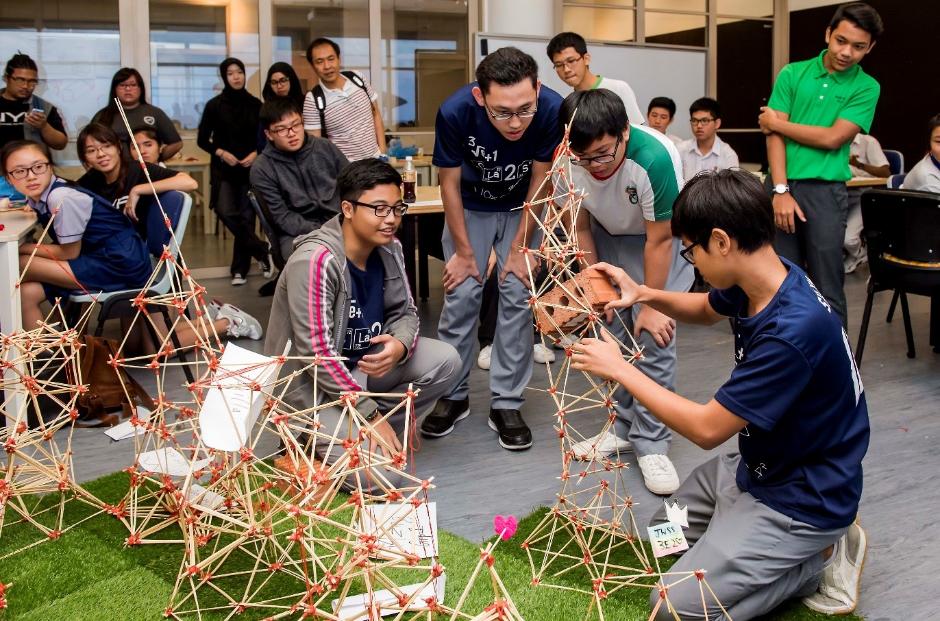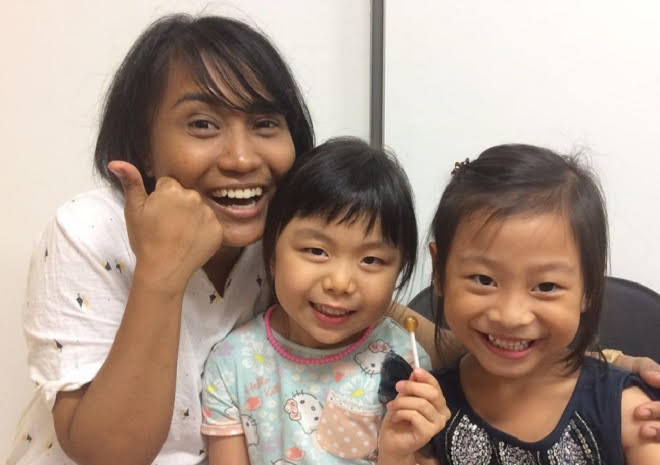Linking strength and bridging choices
A former leading SIA stewardess, polytechnic lecturer and now ECG (Education and Career Guidance) counsellor, Ms Sharon Tay brings diverse real-life professional experience from different trades to her job.
Acting as “a bridge from school to the next stage” of the students’ lives, Sharon says of the role of ECG counsellors: “We help schools to better understand and view the world with added lenses, on top of academic ones… by linking schools to the external world of work”.
Many ECG Counsellors are mid-career entrants who are drawn to the educational aspect of the job with a genuine concern to help youths. But before the counsellors are deployed to schools, they need to be trained; attending courses in Career Development Facilitation and having to attain basic and advanced certificates in counselling.
Each ECG counsellor is attached to 3 to 4 schools, spending 4 days in the school environment before convening at MOE HQ for their weekly PD (professional development) Fridays. They attend sharing sessions from industry partners or government agencies, have PD cross-sharing, bonding activities and professional supervision to improve their counselling practices. Educational experts from the Institutes of Higher Learning are also invited to discuss about the latest tertiary updates.
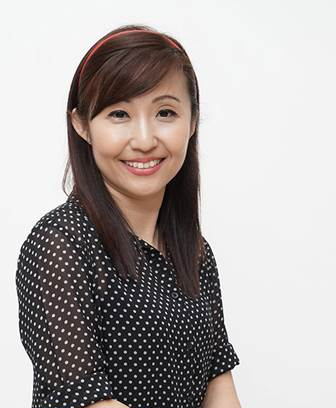
Photo of Ms Sharon Tay, ECG Counselling Manager
“I became an ECG counsellor after I had taught students in Republic Polytechnic’s School of Hospitality for 6 years,” Sharon reflects.
“It dawned upon me that it is not the lack of knowledge in my students but their inability to apply what they learn and put it into good use for their future that is the issue.” These issues include course misfit, misalignment with their future aspirations and a loss in ECG decision-making ability.
On average, Sharon spends most of her time counselling students in the 3 schools she’s attached to: Bendemeer Secondary, CHIJ Toa Payoh Secondary and St. Andrew’s Secondary: “My ECG appointments are very packed.”
She also gives talks and conducts sharing sessions for students based on their needs. The rest of her time is spent with the ECG team to assist with career fairs, learning journeys or teachers’ training, or procuring various resources from MOE or related partners to share with her students, including the Person-Centred therapy and Knowdell Card Sorts.
Making connections, tapping resources
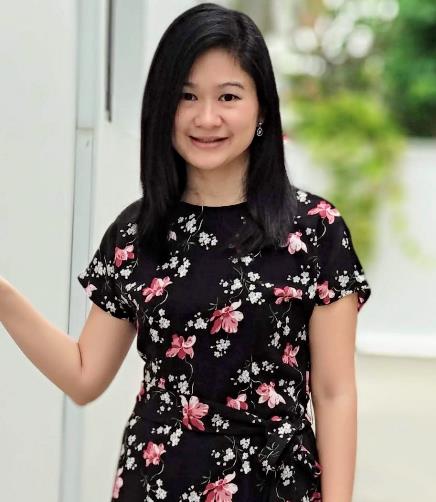
Photo of Ms Valerie Phua, ECG Counsellor
Former HR practitioner Ms Valerie Phua had also worked in media-related organisations and taught English to youths in an international school for 7 years before joining the ECG branch as a counsellor.
Holding a B.A. (Hons) in philosophy and diploma in early childhood education, she says her current role is a meaningful job that resonates with her: “I always tell the students, the more we know about ourselves and understand what gives us energy, the better our decisions will be.”
Currently, she is attached to Peirce Secondary, Bartley Secondary and Spectra Secondary – a specialised school for N(T) students. Apart from various counselling approaches and career facilitation tools, she often uses the Career Interest tool, also known as the RIASEC profiling, in the MySkillsFuture Portal and Career Decision Wheel – both help students discover and understand their inclinations and provide a good starting point for them to explore their possible careers.
With education pathways and options being so diverse, information can sometimes be overwhelming for students. Valerie makes it a point to help them process the information by explaining in detail the many course offerings and entry requirements available.
“I point them in the right direction, to where they can read up and research more – nudge them to be more self-directed. After that, they are welcome to come back for follow-up sessions with me.”
In fact, many students initiate counselling sessions directly with her through the ECG online appointment booking system. Some discuss subject choices or pathways they have already decided on, such as the polytechnic route, and seek help to find courses aligned to their interests and strengths.
Others need her guidance to prepare write-ups, portfolios and interviews for the Early Admission Exercise to ITEs or polytechnics; while the rest are keen to learn more about the JC curriculum and JC-university pathways.
To help students strike a balance between the needs and wants of themselves and their families, such as parental expectations, Valerie says teachers and peer influence are crucial to her work. She says teachers take the frontline role in ECG when they have conversations with their students to identify their strengths and positive attributes.
“Sometimes I get students who drop by because their classmates or CCA friends had earlier chatted with me and found the sessions helpful,” she adds, “so I tell students they can either come alone or with a friend or two.”
Supplying guidance on demand
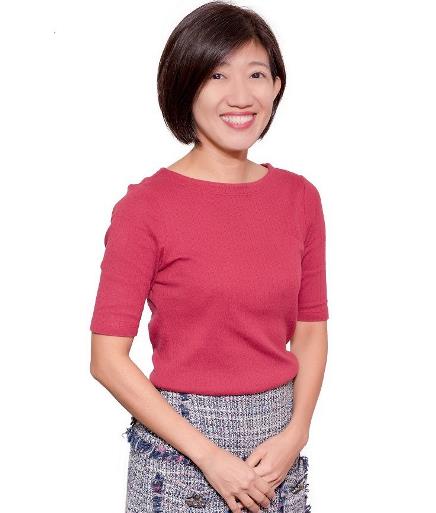
Photo of Ms Looi Yuin Yi, Senior ECG Counsellor
Ms Looi Yuin Yi, attached to Dunman High and National JC, was a former supply chain professional in one of the world’s largest semi-conductor companies. She also holds an MBA from Imperial College.
As someone who understands the breadth and scope of the high-tech and life sciences industry, she is able to share her practical knowledge with the students she counsels.
“Some students have this fear that if they end up with a degree in Science, for instance,” she says, “they will be stuck in this field forever.” Instead, she explains that with this degree, they can perform other functions as well, such as on the business side, human resources or with communications.
“Some students also use pay as a yardstick for choosing their pathways,” she continues. “I explain to them: there are many factors you need to consider besides pay, such as your interests and strengths, in order to excel and be happy in what you want to do, whether it’s as a manager or specialist…
“In the semi-conductor manufacturing industry, engineers play an important role. If they don’t certify the production prototype, the salespeople cannot market it. So some of these highly skilled engineers can command as much salary as a manager.”
Yuin Yi’s advice is for students to shift their mindsets, citing how some industries, such as manufacturing, has become volatile for the last 20 years. To adapt to change, they must prepare well into the future.
“When I was in the supply chain field, one of the things I did was strategic development. If a company wants to set up a factory in Vietnam or distribute products from Malaysia, I have a lot of planning to do, from short- to long-term, including making plans for contingencies. This is what I tell students. Make a few plans, instead of banking on one.
Students should ask themselves: ‘What are the action triggers that would make me course correct if things don’t go according to plan?’ This is how they can plan their pathways with purpose. If Plan A doesn’t work, move on to B or C.”
Counselling continues during HBL
Due to the circuit breaker in April and May, ECG counsellors have had to adapt their counselling methods to fit the occasion. Yuin Yi says, “During Home-based Learning (HBL), my ECG appointments are still open online and students continue to make their appointments with me.
“However, I have to ascertain the nature of their queries to decide if some of them can be answered via email. If that’s not possible, they can call me during office hours to my work number or we can conduct video calls.”
As for teachers with ECG-related questions, Yuin Yi and the other ECG counsellors touch base with them, including sending them ECG materials, such as PowerPoint slides on how to write personal statements, which are then uploaded on Student Learning Space (SLS) for the students to access.
Likewise, Sharon has taken her ECG work online. “Assisting students and schools remain our core work during the HBL period.”
Since learning journeys to companies have halted for the moment, Sharon makes available to her students whatever information and resources she can get her hands on via SLS links on industries such as IT, aerospace, F&B, hotel and accommodation, design, built environment and electronics. “I’ve also provided a deck of slides to guide students on how to apply for EAE for ITE and polytechnics.”
No matter how many hard facts ECG counsellors and teachers cram into students, the soft touch is the best.
“Students will not care how much you know until they know how much you care,” Sharon notes.
“Together, as ECG Counsellors and teachers, we need to be concerned not only with our students’ academic performance but how they are going to move up in life, making important choices in their post-secondary and work life.
“We need to be that bridge so that they can make the cross successfully and, most importantly, happily and meaningfully.”



